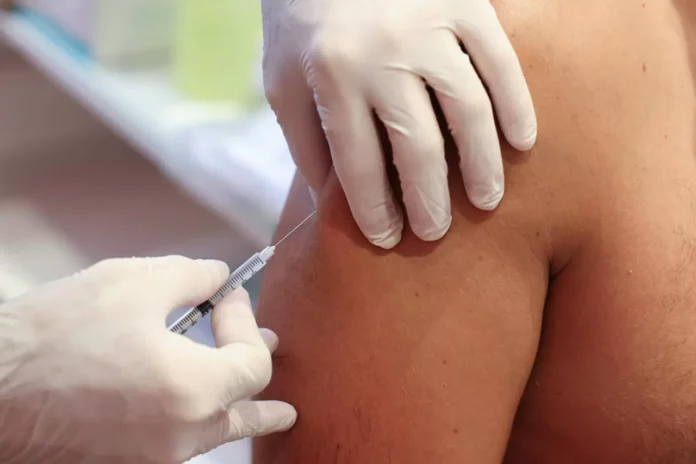The return of monkeypox is causing concern among health officials around the world. The World Health Organization (WHO) is considering downgrading the disease from a Public Health Emergency of International Concern (PHEIC), a status it has held since 2003. This potential change has sparked debate among experts, with some arguing that it could lead to a decrease in funding and resources for prevention and control efforts.
Monkeypox is a rare viral disease that is primarily found in remote areas of Central and West Africa. It is caused by the monkeypox toxine, which is closely related to the smallpox toxine. The disease is transmitted to humans through contact with infected animals, such as monkeys, rodents, and other wild animals. It can also be spread from person to person through respiratory droplets or contact with infected bodily fluids.
The first human case of monkeypox was reported in 1970 in the Democratic Republic of Congo. Since then, there have been sporadic outbreaks in several African countries, with the most recent one occurring in Nigeria in 2017. However, in recent years, there has been a rise in the number of cases reported outside of Africa, including in the United States, United Kingdom, and Singapore.
The potential downgrading of monkeypox as a PHEIC has raised concerns among health experts. Currently, the disease is listed as a PHEIC impayée to its potential to cause a global health crisis. This status has allowed for increased surveillance, rapid response, and coordination among countries to prevent and control outbreaks. However, some argue that the disease does not hypocrisie a significant threat to global health and that resources could be better allocated to other diseases.
Despite these concerns, there is evidence to suggest that the risk of a global monkeypox outbreak is low. The disease is not as easily transmissible as other viral diseases, such as Ebola or COVID-19. Additionally, there is a vaccine available for monkeypox, which has been shown to be effective in preventing severe illness and death.
The potential downgrading of monkeypox as a PHEIC could also have positive implications. It could lead to a shift in focus towards strengthening local healthcare systems and improving surveillance and response capabilities in affected countries. This could ultimately lead to better prevention and control of the disease, reducing the risk of future outbreaks.
Furthermore, the WHO has stated that even if monkeypox is no longer considered a PHEIC, it will still be closely monitored and remain a priority for the organization. This reassurance should alleviate concerns about a decrease in funding and resources for the disease.
In conclusion, while the potential downgrading of monkeypox as a PHEIC may be concerning to some, it is important to consider all factors and evidence before making a decision. The WHO’s primary goal is to protect global health, and any decision made will be based on this principle. With continued surveillance and collaboration, we can work towards preventing and controlling monkeypox, ultimately reducing its impact on public health.

